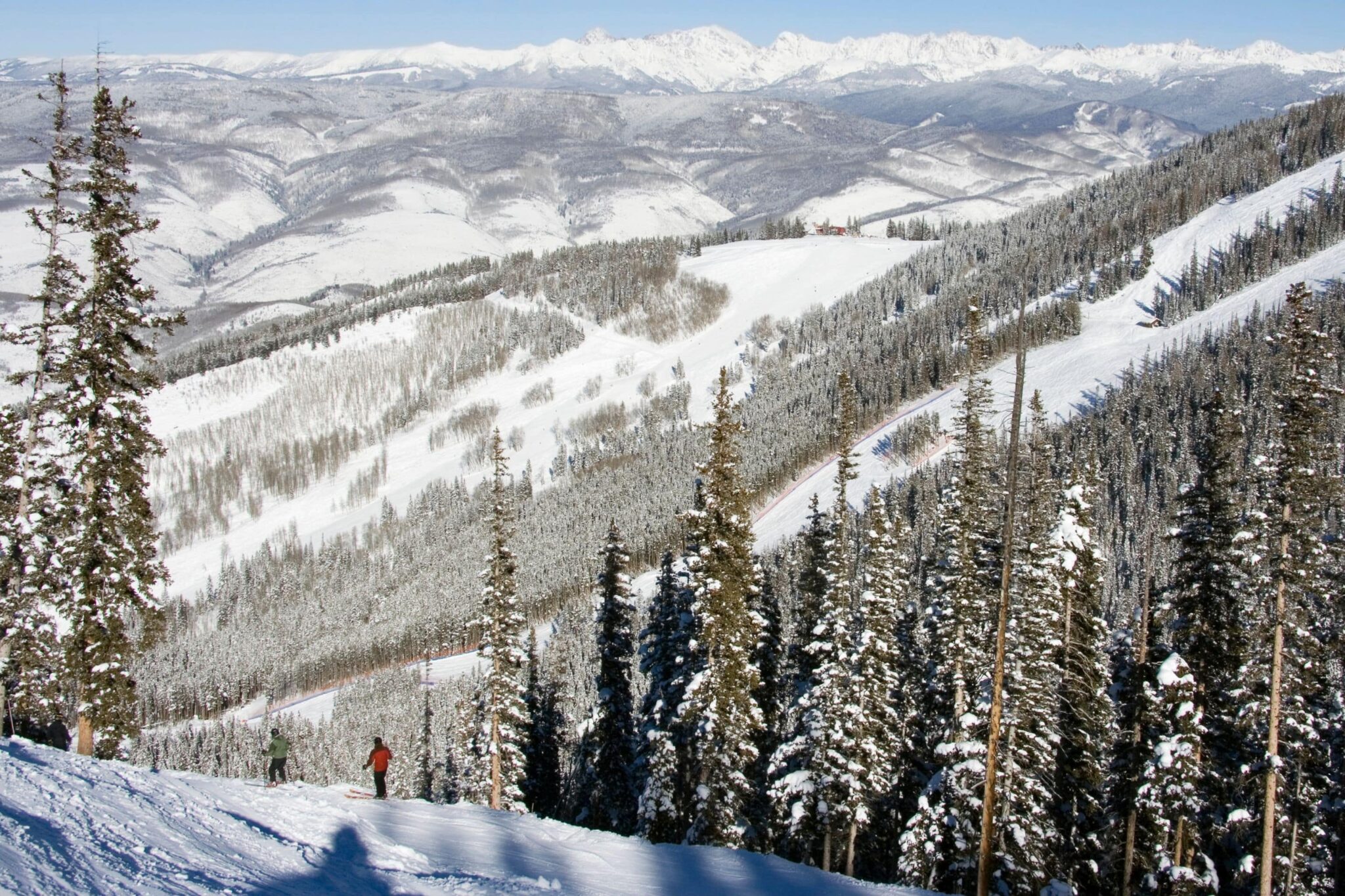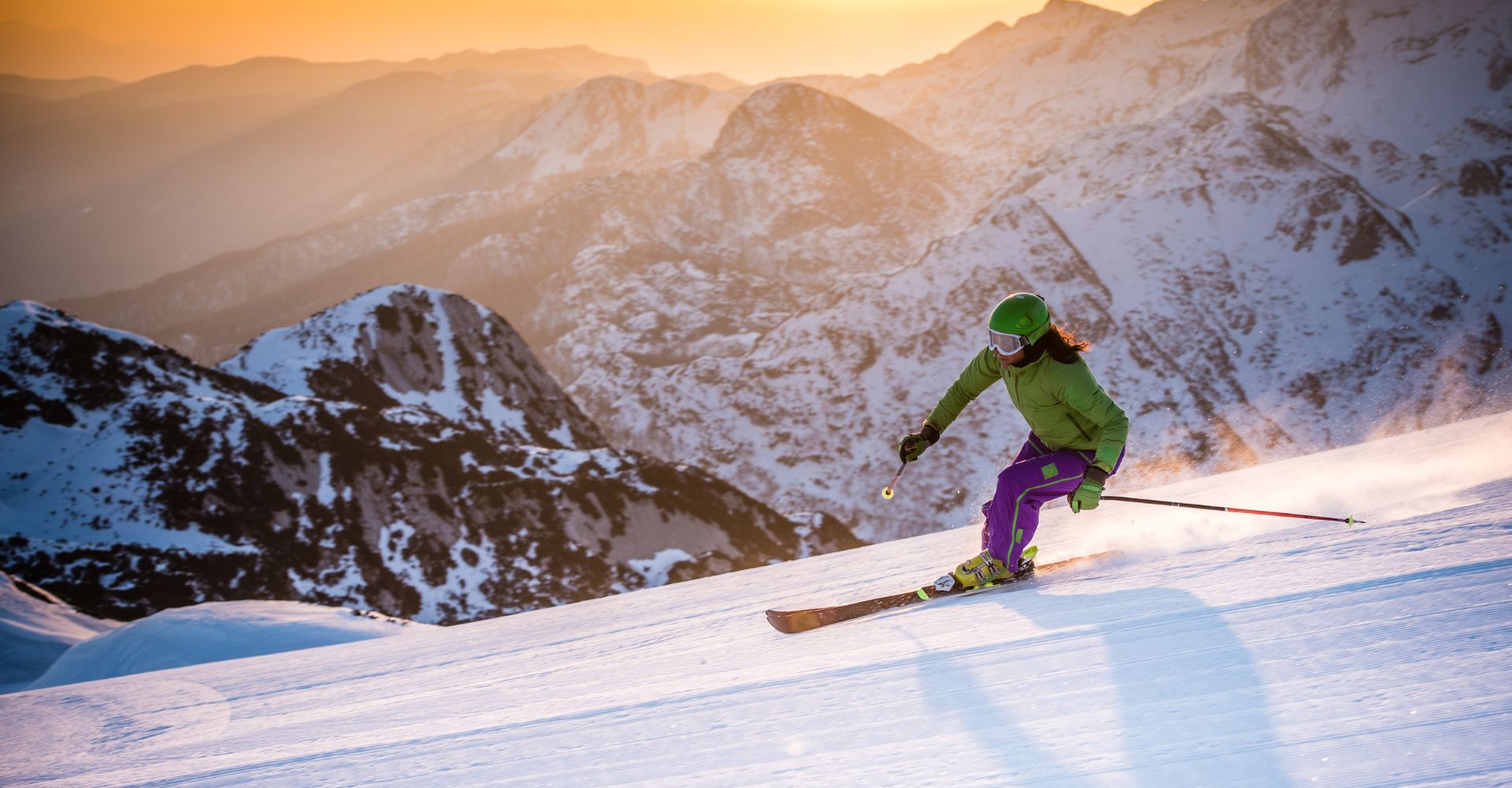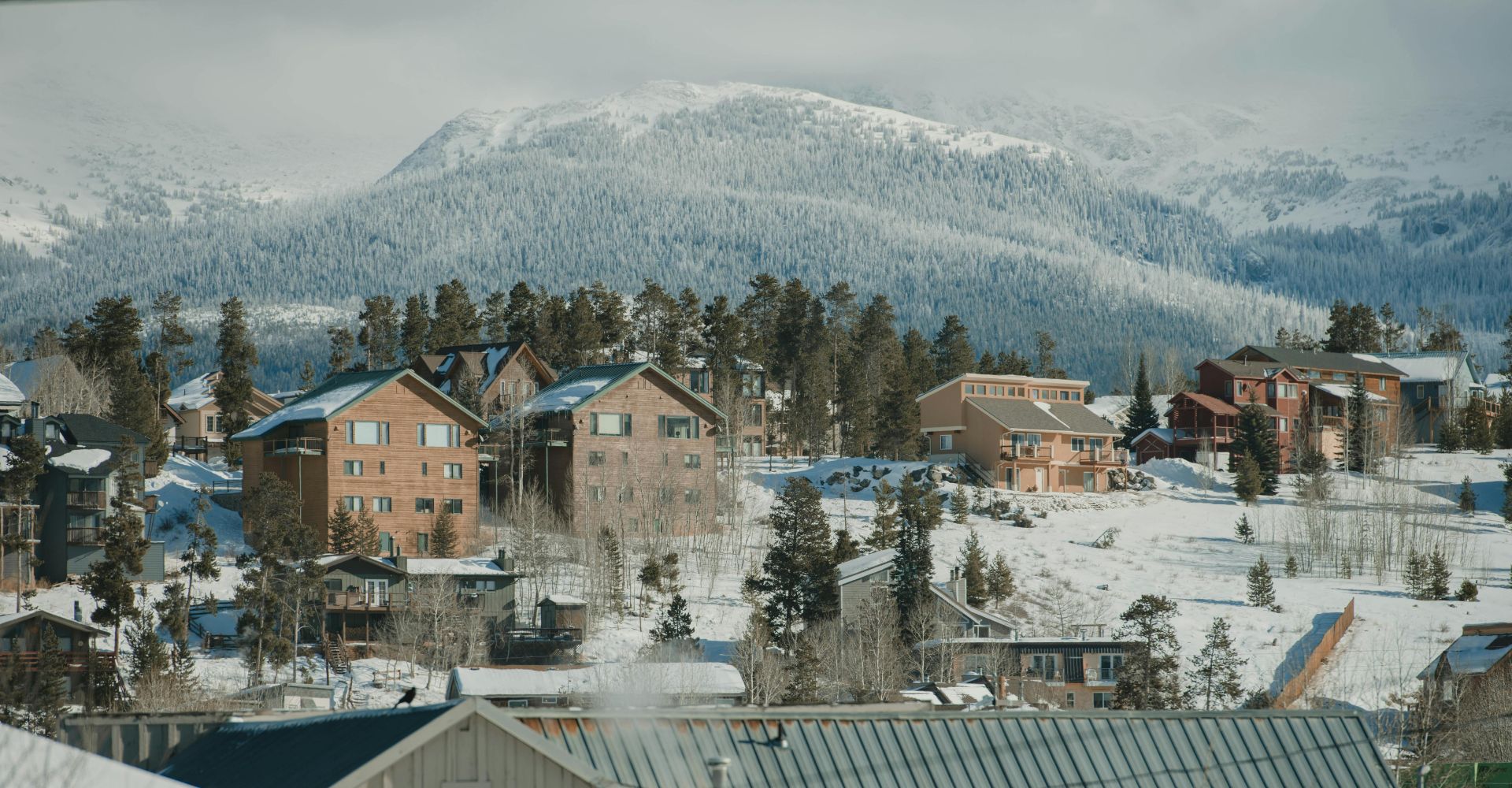Beaver Creek, a premier ski resort located in the Colorado Rockies, is renowned for its world-class skiing, luxury accommodations, and picturesque mountain views. Situated at a high altitude, it offers visitors the opportunity to experience the magic of the Rockies from lofty elevations. Understanding Beaver Creek's altitude is essential for planning your trip, as it can impact your activities and overall comfort during your stay.
WHAT ALTITUDE IS BEAVER CREEK?
Nestled in the heart of Colorado’s Rocky Mountains, Beaver Creek is a premier destination for those seeking luxury, adventure, and natural beauty. One of the key factors that make this resort so unique is its altitude, which plays a significant role in shaping the area's climate, scenery, and recreational offerings.
Beaver Creek’s altitude varies between its base and summit, offering a diverse range of experiences for visitors.
- Base Elevation: 8,100 feet (2,469 meters) above sea level.
- Summit Elevation: 11,440 feet (3,487 meters) above sea level.
- Vertical Drop: 3,340 feet (1,018 meters) from top to bottom.
This elevation provides a perfect mix of challenging terrain for advanced skiers and snowboarders and plenty of accessible slopes for beginners. The high altitude also guarantees reliable snowfall during the winter months, making Beaver Creek a haven for winter sports enthusiasts.
The high altitude of Beaver Creek contributes to its pristine snow conditions and breathtaking views, but it can also impact visitors who aren't accustomed to such heights. At this elevation, the air is thinner, meaning less oxygen is available, so visitors may feel short of breath, especially during physical activity. Symptoms like headaches, dizziness, and fatigue can occur; staying hydrated and taking it easy upon arrival can help your body adjust. The thinner atmosphere provides less protection from UV rays, so be sure to wear sunscreen and protective gear, too.
TIPS FOR MANAGING THE HIGH ALTITUDE
Beaver Creek’s high-altitude setting is part of what makes it a world-class destination, offering stunning landscapes and exceptional outdoor adventures. While the elevation adds an extra layer of excitement and beauty to your trip, it’s essential to be mindful of how it might affect your body. Traveling to high-altitude destinations requires some preparation to ensure a comfortable and enjoyable experience. Here are a few tips to help you acclimate.
- Stay Hydrated: Drink plenty of water before and during your trip to combat the dehydrating effects of higher altitudes.
- Take it Slow: Give your body time to adjust by taking it easy on your first day, especially if you're engaging in physical activities like skiing or hiking.
- Eat Light Meals: Heavy meals can make altitude adjustment more challenging, so opt for smaller, nutrient-rich meals.
- Recognize Symptoms of Altitude Sickness: Symptoms like headaches, dizziness, or nausea may occur. If they persist, consider descending to a lower altitude or seeking medical advice.
The altitude of Beaver Creek adds to its charm, offering breathtaking views and a unique mountain experience. By preparing for the high elevation, you can fully enjoy all that this incredible destination has to offer, from pristine ski slopes to relaxing mountain lodges. Whether you're visiting for adventure or relaxation, Beaver Creek's stunning heights are sure to leave a lasting impression.
Whether you’re a seasoned skier or a first-time visitor, Beaver Creek’s slopes and scenic beauty offer an unforgettable experience. Beaver Creek offers the perfect blend of luxury, comfort, and convenience. Let us help you find the ideal property to make your mountain getaway unforgettable. Call us at 888.598.6353 or email reservations@eastwest.com for help planning your next trip.







